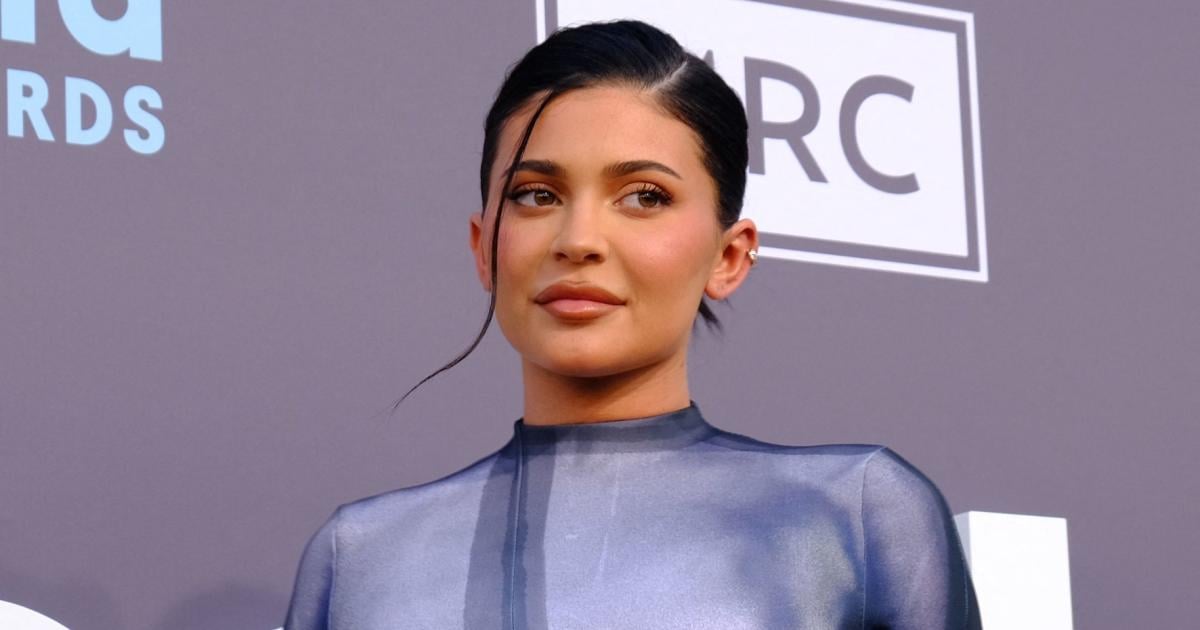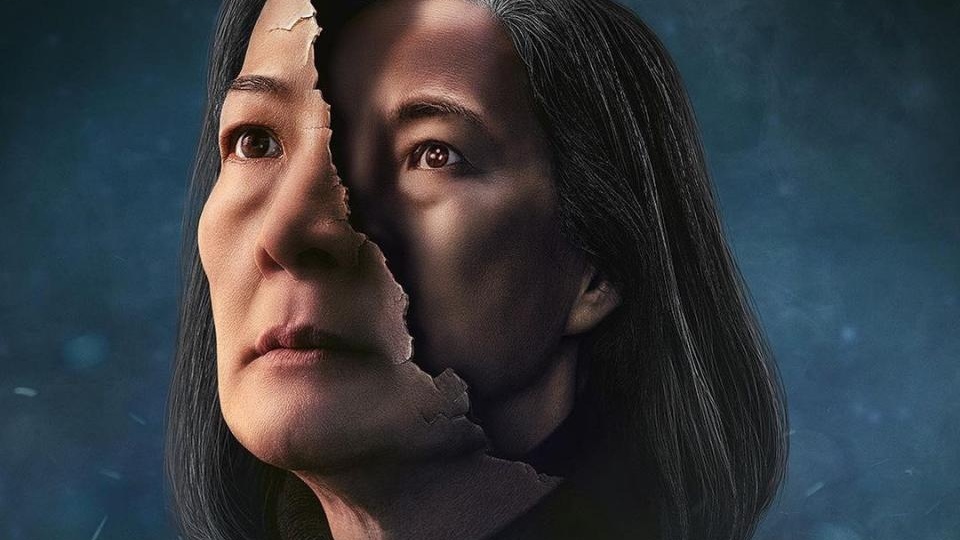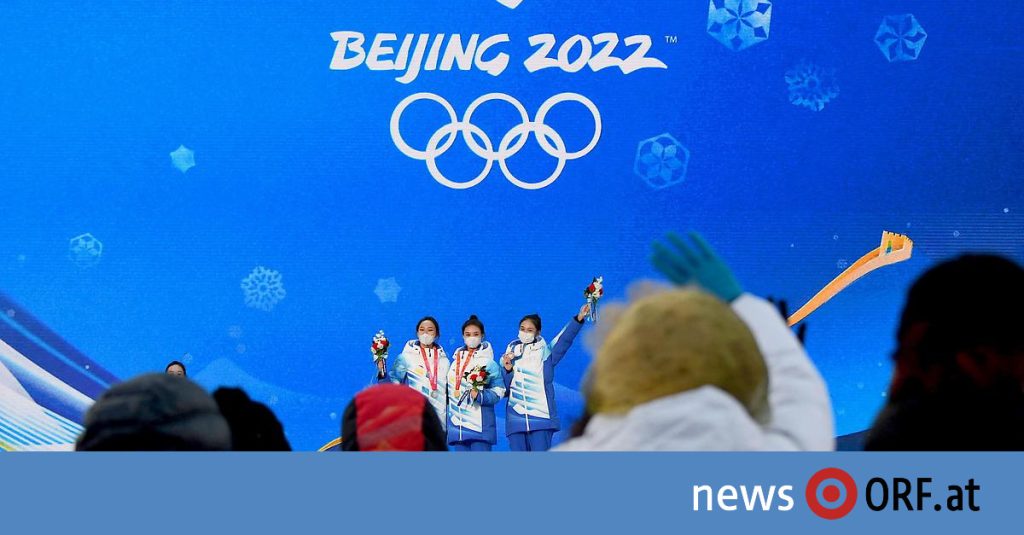“Any protest consistent with the Olympic spirit is securely protected,” Yang Shuo, head of the Games’ international relations department, said at an online media event on Wednesday. “Any behavior or statement that violates the Olympic spirit, especially Chinese laws and regulations, is subject to penalties,” Yang said. As a result, the accreditation can be withdrawn.
To date, violations of the Olympic Charter have always been dealt with by the International Olympic Committee (IOC). Rule 50 of the Olympic Charter states to avoid “any political, religious or racial demonstration or propaganda”. However, the rule was relaxed the previous year.
Restriction of freedom of expression for athletes
Protest is allowed as long as Olympic principles are adhered to, it is “not directed or directed indirectly against persons, countries, organizations and/or their dignity” and other athletes are not bothered in their preparation. However, political expression of opinion during award ceremonies, opening and closing ceremonies, remained prohibited.
Yang’s comments came after athletes at a Human Rights Watch seminar on Tuesday were warned for their own safety not to speak publicly about the human rights situation in China during the Games. Meanwhile, the director general of the World Athletics Federation, Rob Koehler, called on the IOC to communicate clearly about how to protect athletes. Inquiries about this have remained unanswered for the past few days. Koehler criticized the “silence of complicity”.
IOC laws state that expression of opinion must comply with “applicable law” – however, in China, critical words can quickly become criminal offenses. “Chinese laws are very vague,” Human Rights Watch researcher Yaqiu Wang said. For example, the offenses of “rioting” and “inciting a coup” can be applied to unwelcome critics.
American skater Noah Hoffman said the United States is already protecting its Olympians from questions due to safety concerns: “It makes me angry. I fear for their safety if they go to China.”
The United States demands a UN report on Xinjiang
Reports of massive human rights abuses – particularly in China’s western Xinjiang province – have long raised diplomatic tensions with the Beijing government. Among other countries, the USA, Great Britain and Japan have already declared a diplomatic boycott of the Games. On the Austrian side, high-ranking politicians will not travel to the Beijing Winter Games, but there is no political boycott.
Meanwhile, the United States has asked the UN human rights coordinator, Michelle Bachelet, to release a UN report on the situation in China’s Xinjiang region ahead of the Games. China’s Democratic-led human rights watchdog said the report should be available before the Olympics start on February 4.
Bachelet has been calling for “unrestricted access” to the Xinjiang region from Beijing for years, but so far without success. According to human rights organizations, Beijing is committing human rights violations against the Muslim-majority Uyghur minority in China’s western province. Among other things, China is accused of holding hundreds of thousands of Uyghurs in reeducation camps and using them in forced labour.
Amnesty’s warning against “sports”
Amnesty International described the human rights situation in China as “still catastrophic”. Before the major sporting event, the government in Beijing promised improvements in media freedom and peaceful demonstrations. However, the situation has deteriorated significantly in many regions compared to 2008, when Beijing was the venue for the Summer Olympics.
Amnesty called on government officials to prioritize human rights in their talks with the Chinese authorities. “The Winter Olympics in Beijing should not be used for sports laundry,” warned Julia Duchereau, Deputy Secretary-General of Amnesty International Germany. The term “sports wash” refers to efforts to improve a country’s reputation by organizing a major sporting event.
Amnesty called for the release of those imprisoned behind bars “for exercising their right to freedom of expression” or their ethnicity in China. “The right to freedom of expression is systematically trampled in China,” Duchereau said. If Beijing wants to use the games as a mainstay, it should release all those who are being prosecuted and imprisoned simply for the peaceful exercise of their human rights.

“General writer. Twitter fanatic. Award-winning alcohol practitioner. Pop culture guru.”







More Stories
SK Rapid :: 1/3: No points in Graz
Reid puts pressure on GAK in the table with the win
Football: Nagelsmann remains coach of the German team